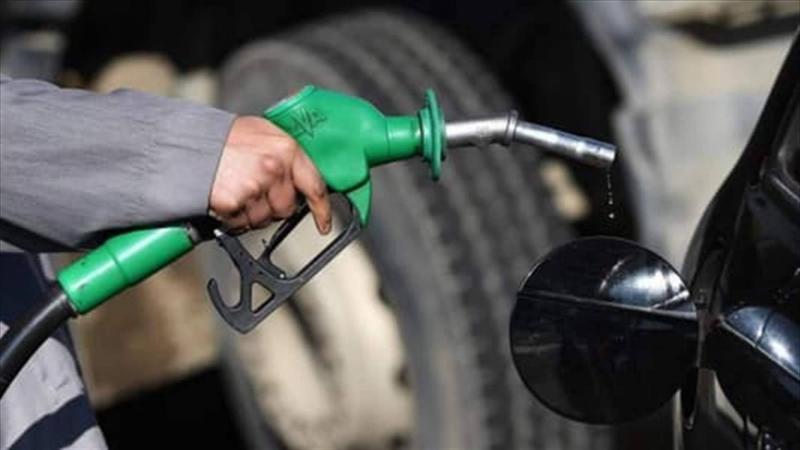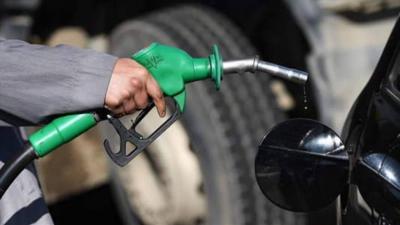Following reports of engine failures in cars due to the quality of gasoline in Lebanon, the Association of Oil Importing Companies (APIC) issued the following statement: "Some media outlets and social media platforms are reporting that the quality of gasoline available in the Lebanese market is questionable, and that it occasionally causes malfunctions in car engines. In this regard, the Association of Oil Importing Companies (APIC) emphasizes that the gasoline imported to Lebanon by companies adheres to the highest global and Lebanese quality standards."
It continued: "The gasoline imported to Lebanon undergoes laboratory tests in the country of origin by an independent inspection company, such as Bureau Veritas, for compliance with global specifications. Additionally, the association reminds that imported goods cannot enter Lebanon unless they hold a certification proving their compliance with Lebanese specifications and standards. Furthermore, after undergoing the aforementioned tests abroad, the product is subjected to national tests in laboratories of the Lebanese state in both Sidon and Beirut. It is noteworthy that this laboratory testing mechanism applies to all imported petroleum derivatives, particularly 95 and 98 octane gasoline, as well as diesel and aviation fuel JET A-1."
The Association of Oil Importing Companies called for caution against spreading unverified information that could unnecessarily cause fear. It also urged citizens who may encounter any doubts or suspicious cases to immediately contact the Consumer Protection Department at the Ministry of Economy and Trade, which is the official regulatory authority authorized to monitor the matter and take appropriate action if necessary.




